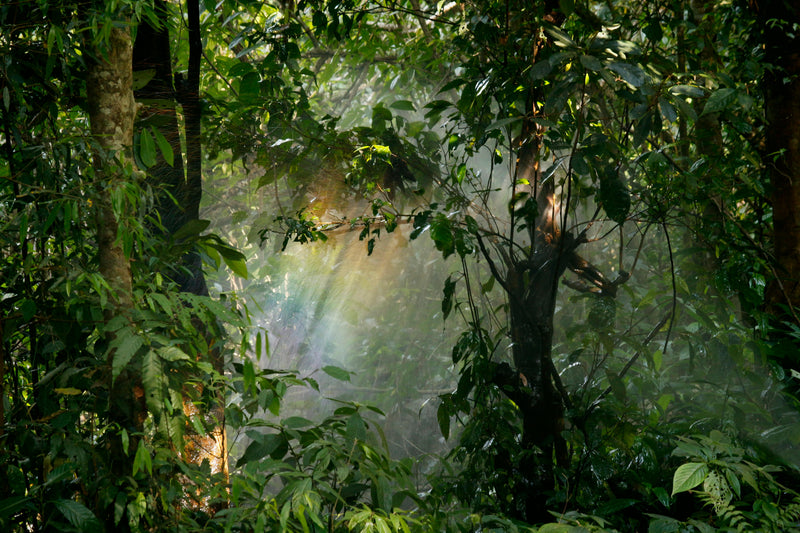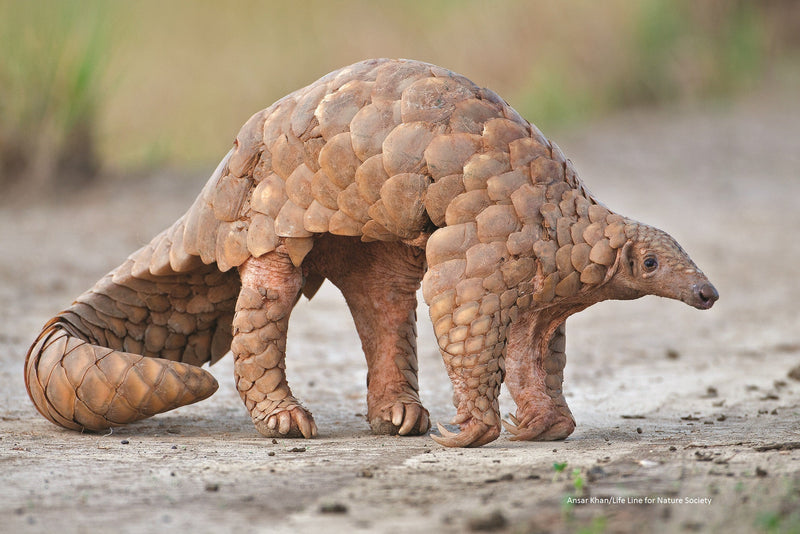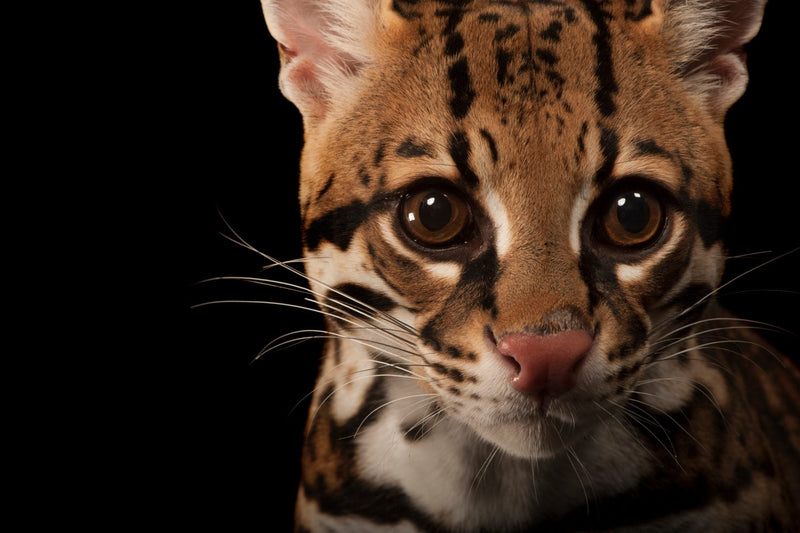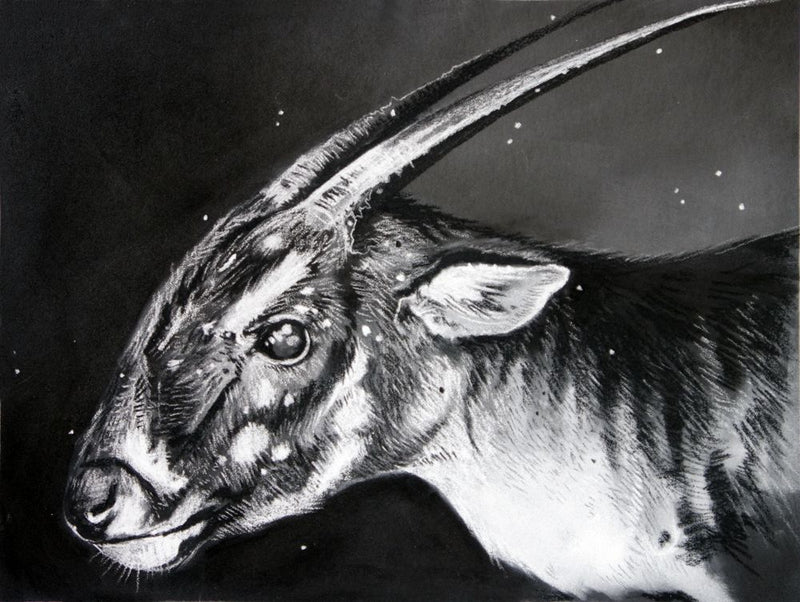
Good morning Friends.
So, I thought it would be good to discuss the science that works to define the intricate tapestry of life on Earth; a remarkable system of categorization known as taxonomy. It is an amazing science of classification, a meticulous endeavour that seeks to organize the diversity of life into a coherent framework. While some may perceive it as a mere exercise in labeling, taxonomy is truly a profound exploration that inspires deep thinking and holds critical importance for the survival of species, a topic near and dear to our hearts here at Speciologie.
Picture yourself wandering through a dense forest, surrounded by a myriad of plants and animals. Without the guidance of taxonomy, this ecosystem would be a bewildering maze, lacking coherence and understanding. However, through the lens of taxonomy, every organism reveals its place within the intricate web of life. It is a tool that allows us to discern patterns, relationships, and evolutionary histories, offering insights into the very fabric of existence.
Taxonomy transcends the mere act of assigning names; it is about unraveling the interconnectedness of life itself. As Carl Linnaeus, the pioneering figure in modern taxonomy, eloquently stated, "In the works of nature, creation reveals itself, and in them we recognize the Creator." Linnaeus understood that by systematically studying the diversity of life, we gain a deeper appreciation for the intricacies of the natural world.
Moreover, taxonomy serves as the bedrock for numerous scientific disciplines, from ecology to evolutionary biology. It provides researchers with a common language and framework, facilitating communication and collaboration across borders and disciplines. Without taxonomy, our understanding of biodiversity would be fragmented, impeding our ability to address pressing issues such as habitat loss, species conservation, and the impacts of climate change.
Furthermore, taxonomy plays a pivotal role in species conservation and management. By accurately identifying and classifying species, conservationists can assess their population status, distribution, and ecological needs. This information is indispensable for developing effective strategies to protect vulnerable species and their habitats. As renowned conservationist E. O. Wilson once remarked, "The one process now going on that will take millions of years to correct is the loss of genetic and species diversity by the destruction of natural habitats. This is the folly our descendants are least likely to forgive us."
Indeed, the loss of biodiversity poses a grave threat to the stability of ecosystems and the well-being of humanity. By understanding the intricate relationships between species, we can better appreciate the value of preserving the rich tapestry of life on Earth. Taxonomy serves as a beacon of knowledge, guiding us toward a deeper understanding of our place in the natural world and our responsibility to protect it.
I’ve really enjoyed reading up on taxonomy (hope you have enjoyed this quick post). To me, its is not merely a dry academic pursuit; it is a journey of discovery that inspires wonder and awe. It challenges us to think critically, to question our assumptions, and to explore the hidden connections that bind all living things. As we continue to unravel the mysteries of life through taxonomy, let us heed the words of Rachel Carson: "The more clearly we can focus our attention on the wonders and realities of the universe about us, the less taste we shall have for destruction." Let us embrace the beauty of biodiversity and work tirelessly to ensure its preservation for generations to come. Help us support the cause. Speciologie donates 5% of purchases to organizations like the International Commission on Zoological Nomenclature, leaders in taxonomic research and classification. Every Tasmanian tiger t-shirt, Ibex Hoodie and Quagga sweatshirt you buy drives donations to support this and other organizations critical work.






0 comments